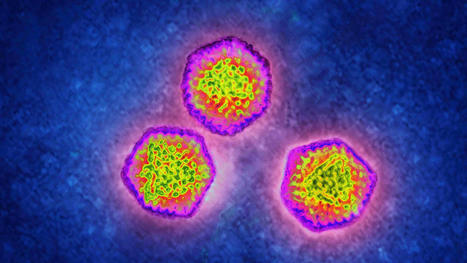LONDON — A U.K. study showed that symptoms of a cold can linger well beyond the main period of illness, suggesting that rather like “long Covid,” “long colds” can also exist.
- he study, published Friday in scientific journal The Lancet, showed that non-Covid infections can be associated with a range of illnesses more than four weeks after the initial infection.
- After studying 10,171 participants, scientists at the Queen Mary University of London concluded that there may be long-lasting health impacts from other respiratory infections.
- They were unable to say whether the symptoms of “long colds” would last as long as those of “long Covid.”
The study, published Friday in scientific journal The Lancet, showed that non-Covid infections can be associated with a range of illnesses more than four weeks after the initial infection. After studying 10,171 participants, scientists at the Queen Mary University of London concluded that there may be long-lasting health impacts from other respiratory infections, such as the common cold, that are unrecognized. They were unable to say whether the symptoms of “long colds” would last as long as those of “long Covid.” “Post-acute infection syndromes are not a new phenomenon; indeed, many cases of chronic fatigue syndrome are reported to follow an infection-like episode. Nonetheless, these syndromes often go undiagnosed owing to the wide range of symptoms and lack of diagnostic tests,” an introduction to the research on The Lancet website said.
There were similarities between the symptoms of those with “long Covid” and “long colds,” but typical post-Covid issues such as taste and smell deficiencies and dizziness were less common in people suffering from long colds. “Long Covid” typically refers to a range of mid- and long-term effects that can emerge following a Covid infection — including fatigue, breathlessness and cognitive dysfunction. The term “long Covid” was coined in spring 2020 when people who had had Covid-19 did not fully recover for several weeks or months after they were first infected. The World Health Organization defines it as “the continuation or development of new symptoms three months after the initial infection ... with these symptoms lasting for at least two months with no other explanation.”
Research published in eClinical Medicine (Oct. 6, 2023):



 Your new post is loading...
Your new post is loading...









